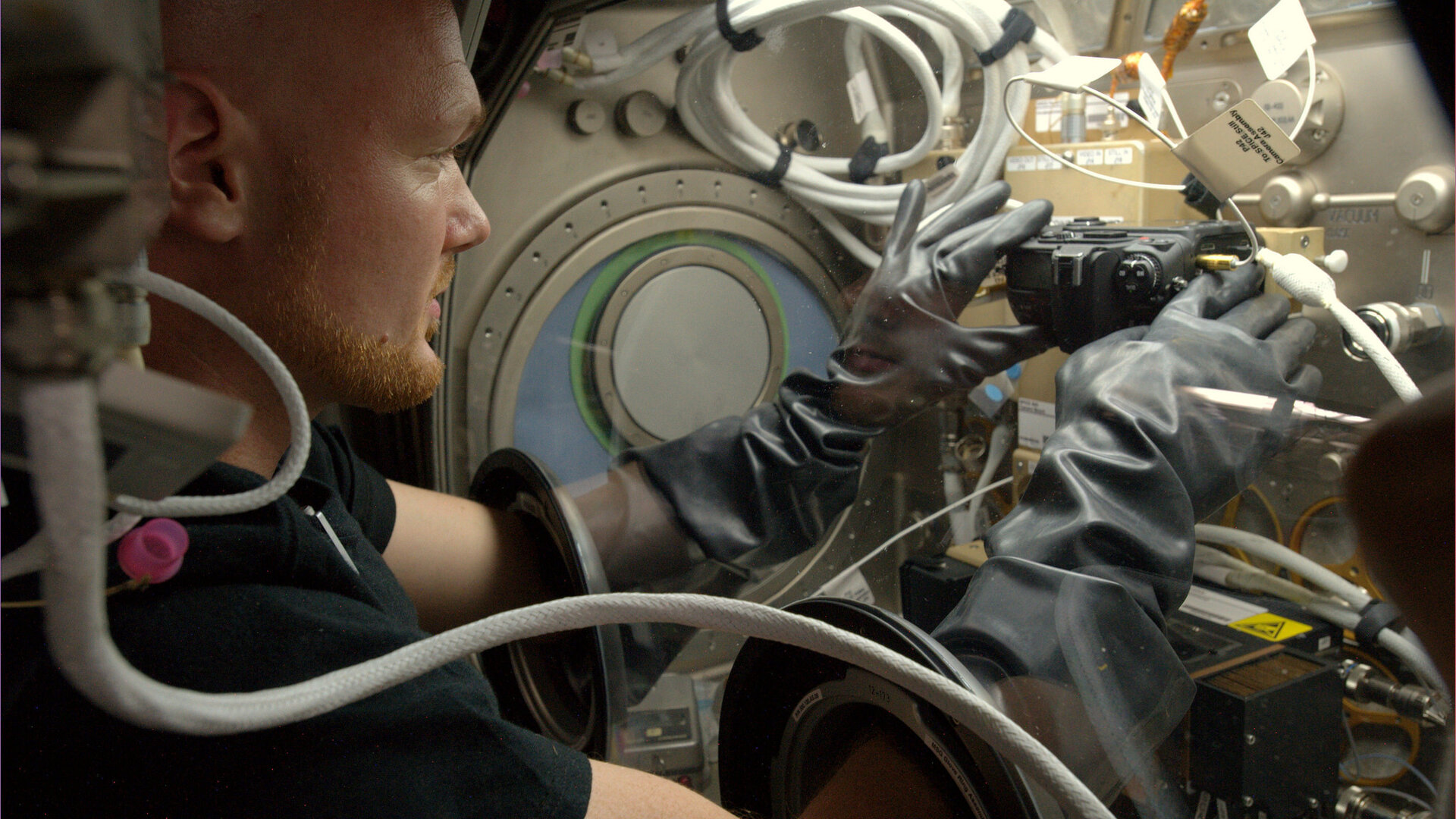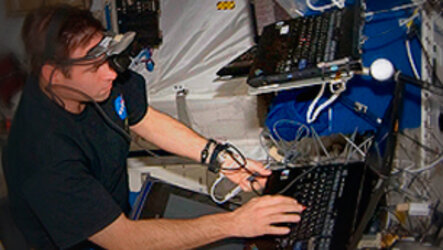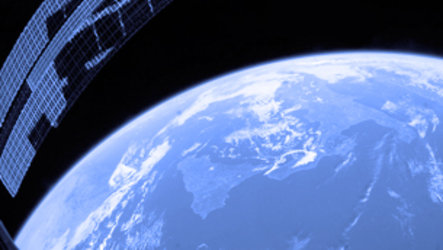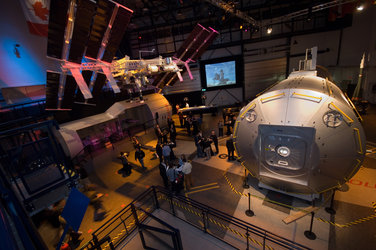About research in space
Gravity affects everything we do on Earth but we know surprisingly little about how it works and how it affects life. Until recently scientists had no way of experimenting without gravity to understand what life would be like without it.
About research in space
Orbiting our planet in an extended free-fall, astronauts on the International Space Station live in microgravity. Through the astronauts up there, scientists are conducting pioneering investigations, testing theories, and pushing the boundaries of our knowledge.
Research in space improves our life on Earth. Space research brings knowledge, discoveries, improvements to our daily life and – one day – the daily lives of explorers of our solar system.
Exploring nature

The studies of life and physical sciences in space are well established fields that complement terrestrial research programmes.
Biology, physiology, fluid physics and combustion, material sciences, fundamental physics and astrobiology are all studied in space, observing how gravity affects basic phenomena on Earth and expanding our knowledge of the world around us.
Improving health

Space offers unique possibilities to study health problems related to diseases, ageing and immobility.
Research focuses on osteoporosis, muscle atrophy and nutrition, and tries to understand the effects of physiological adaptations for health and safety and ways to counteract unwanted changes in the human body. Spaceflight is a driving force behind developing advanced medical instruments for monitoring and diagnostics.
Innovating technologies

Studies in weightlessness can reveal properties that are important for energy production or environmental protection. Space research has already increased knowledge on combustion, liquids in porous substances and how dust particles behave.
These studies are expected to lead to low-pollution high-efficiency combustion for power plants, aircraft and cars, as well as improved crude oil-recovery and innovative air and water purification techniques. Increased knowledge of life-support technology used in spaceflight will make our diets safer.
Caring for the environment
Studies in weightlessness can reveal properties that are important for energy production or environmental protection. Space research has already increased knowledge on combustion, liquids in porous substances and how dust particles behave.
These studies are expected to lead to low-pollution high-efficiency combustion in for power plants, aircraft and cars as well as improved crude oil-recovery and innovative air and water purification techniques. Increased knowledge of life-support technology used in spaceflight will make our diets safer.















 Germany
Germany
 Austria
Austria
 Belgium
Belgium
 Denmark
Denmark
 Spain
Spain
 Estonia
Estonia
 Finland
Finland
 France
France
 Greece
Greece
 Hungary
Hungary
 Ireland
Ireland
 Italy
Italy
 Luxembourg
Luxembourg
 Norway
Norway
 The Netherlands
The Netherlands
 Poland
Poland
 Portugal
Portugal
 Czechia
Czechia
 Romania
Romania
 United Kingdom
United Kingdom
 Slovenia
Slovenia
 Sweden
Sweden
 Switzerland
Switzerland































